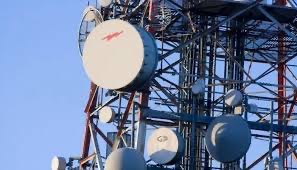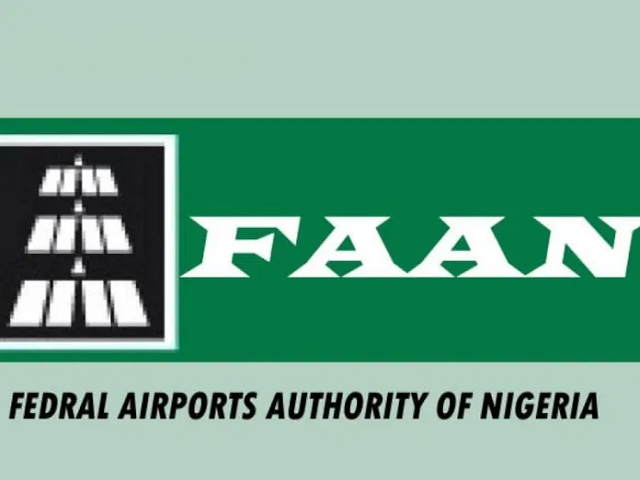Broadband penetration in Nigeria decreases to 41.56% in September, despite ongoing efforts to reach a target of 70% through the National Broadband Plan (NBP 2020-2025). This data is provided by the Nigerian Communications Commission (NCC).
The number of Nigerians with access to high-speed internet declines from 94.3 million in March to 90.1 million in September, contributing to the drop in penetration rates. In March 2020, when the NBP was introduced, penetration was at 39.85%, with approximately 75.4 million Nigerians connected.
Factors Behind the Decline
The decline in broadband subscriptions is attributed to several challenges, including inadequate infrastructure and high Right of Way costs. Additionally, the recent reduction in broadband subscriptions correlates with the National Identification Number (NIN) verification process. As reported by Nairametrics, the four major mobile network operators—MTN, Airtel, Globacom, and 9mobile—lost 64.3 million subscriptions during this verification mandated by the telecom regulator.
By the end of September, these operators reported 154.6 million active subscriptions, down from 219 million in March.
Challenges in Meeting Targets
In addition to the NIN-SIM verification impacts, Nigeria faces significant obstacles in achieving the 70% broadband penetration goal. The NBP outlines a target of 50% penetration by the end of 2023; however, penetration is only 41.56% as of September.
Recognizing smartphone costs as a barrier to broadband access, the NBP recommended establishing a local smartphone assembly plant by 2023, aiming to reduce entry-level smartphone prices to approximately N18,000. Currently, Nigeria lacks such a facility, and smartphone prices have surged, with the cheapest models exceeding N100,000.
The plan also sets a milestone for 70% of telecom subscriptions to operate on 4G by 2023. However, as of March 2024, only 44.96% of the 154.6 million active subscriptions were on 4G, while 43.53% remained on 2G networks as of September.
Recent Initiatives
In response to these challenges, the Ministry of Communications, Innovation, and Digital Economy has launched several initiatives to enhance connectivity. One key initiative, Project 774 LG Connectivity, aims to connect all 774 Local Government secretariats in Nigeria to the internet.
Additionally, the government plans to establish a Special Purpose Vehicle (SPV) to facilitate the installation of an extra 90,000 km of fibre optic cable, expanding the current connectivity infrastructure. According to Communications Minister Dr. Bosun Tijani, this initiative, in collaboration with government and private sector partners, aims to increase Nigeria’s connectivity backbone to at least 125,000 km from the current 35,000 km.













